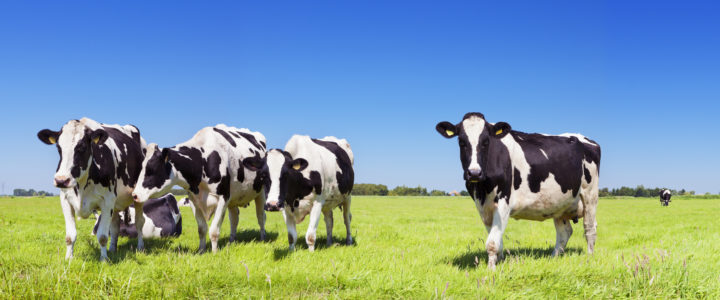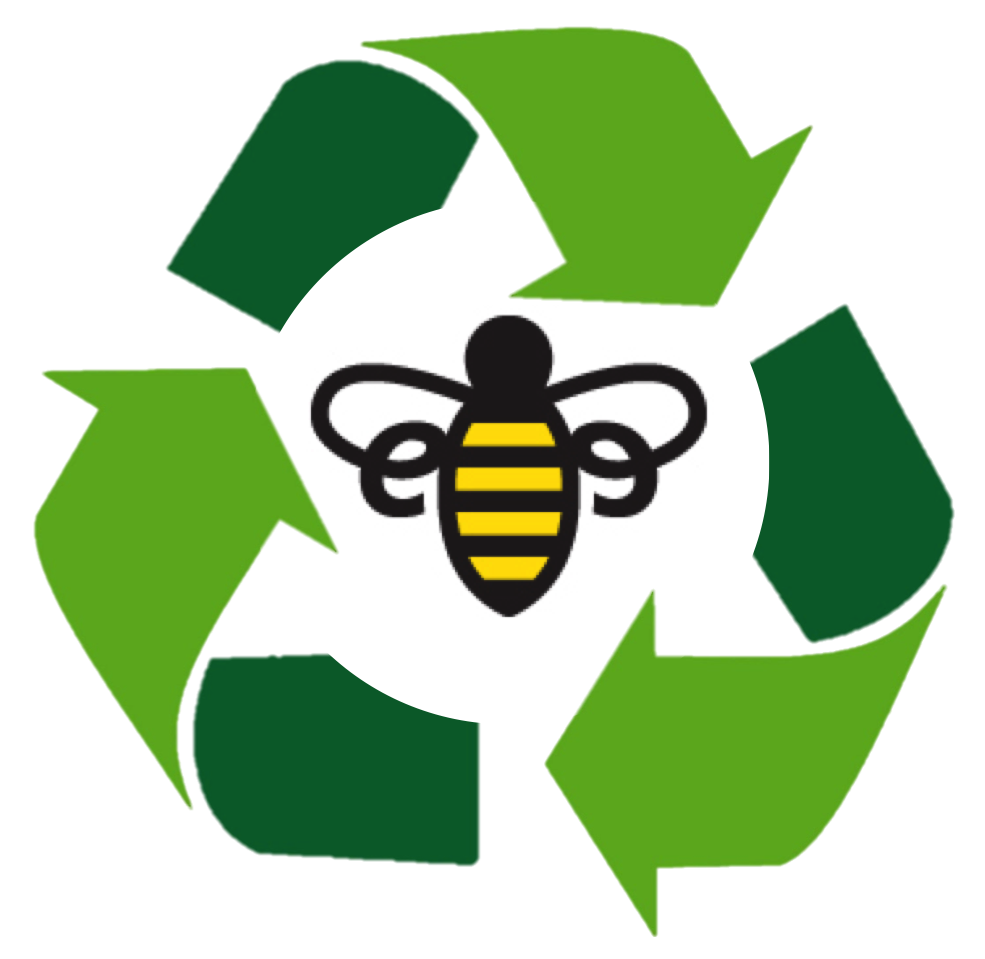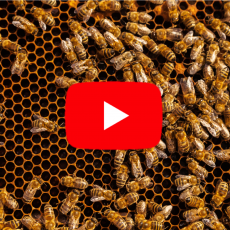
With the rise of the Internet, information is now at the tip of our fingers. Gone are the days of frustratingly wondering about sport statistics, country populations or celebrity gossip. But this has also given rise to a lot of misinformation. Unfortunately, poorly researched, one sided debates and sensationalism are now the norm for even mainstream media. swrm is taking a look at some of the most common.
Sustainability is all about the environment – we get told this one a lot. But while climate change will heavily affect the environment, it will also cause economical issues as our planet becomes less hospitable. A less hospitable planet becomes a much higher issue for those with lower incomes, a social issue.

Recycling is the easiest way to become sustainable – incorrect but it is a great start. While the biggest contributors to your carbon footprint are transportation and home energy, the third piece of the pie is from your purchases. Unsustainable packaging is a heavy carbon addition to your footprint so by reducing this will make a huge difference.
The carbon footprint of having a child can be as high as 1 million tons of CO2 – Looking at the footprint of a child, for the duration you are responsible for them, the range can be anywhere from 50 tons of carbon emissions to as high as 350 tons of carbon emissions. But what if we teach our children to follow our sustainable lifestyle?
Everyone should become vegan for sustainability – living sustainably does not require you to completely cut out meat consumption. It does require you to source it sustainably. Eating meat that is from grass fed, organic resources and consumed in moderation can be included in a sustainable carbon footprint.
Cows farting are killing the ozone – this one is another myth if only for the fact that cows produce abundantly more from burping than the other end. But as to our last point, by reducing your meat consumption and buying the organic, grass fed option this can fit into a sustainable lifestyle.

Sustainability is too expensive and will destroy the economy – our counter point to this is that while some things may require significant investment to transition, the higher number of jobs created from sustainable transition will bring a much larger boost to the economy. Did you know that there are 4 jobs in recycling to every 1 in disposal? Jobs will increase from decommissioning old fossil fuel based infrastructure and adding newer clean technologies infrastructure.
Sustainability will lower the standard of living – by reducing waste, pollution and living healthier, it certainly isn’t correct. You should be cutting out some of the more extravagant luxuries that you may miss but think about keeping the planet safe for everyones future.
Ethanol is unsustainable – while ethanol efficiency is very low due to the high energy input being relatively close to the output, it is a renewable source. And with technological advances this low efficiency will be improved. Taking away the corn from the livestock is also a great way to ensure that our protein is being sourced from grass fed, organic alternatives.
Proper inflation of tires – while this has been a joke to some politicians, by inflating your tires correctly and getting regular tune ups, your MPG can be improved. We always advocate to replace your vehicle commute with a shared transport alternative where possible but without this alternative, look after your vehicle.
Better policies and technologies are all that is needed to meet the environmental challenges ahead – this will help with our transition, but we as a society need to commit to reducing our unsustainable practices.
So before you believe that hilarious meme from that guy your friend used to date in high school about the coal industry being cleaner than solar, take a second to visit the source to ensure it is reputable. No one said living a sustainable lifestyle would be easy. But educating yourself will help ease the challenge.




